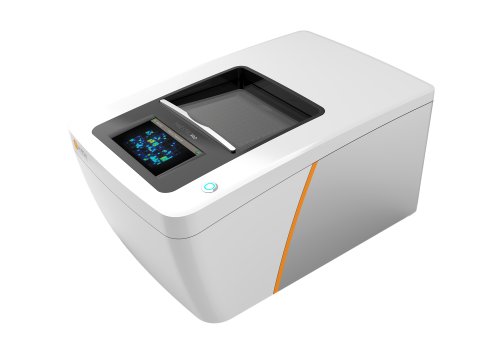Bettina Weigel, Jana F. Tegethoff, Sarah D. Grieder, Bryce Lim, Bhuvaneswari Nagarajan, Yu-Chao Liu, Jule Truberg, Dimitris Papageorgiou, Juan M. Adrian-Segarra, Laura K. Schmidt, Janina Kaspar, Eric Poisel, Elisa Heinzelmann, Manu Saraswat, Marleen Christ, Christian Arnold, Ignacio L. Ibarra, Joaquin Campos, Jeroen Krijgsveld, Hannah Monyer, Judith B. Zaugg, Claudio Acuna and Moritz Mall
Molecular Psychiatry, 2023
Scientists use Axion’s Maestro platform to investigate the role of MYT1L in autism spectrum disorders in vitro and uncover potential new therapeutic pathways.
Growing evidence suggests that the transcription factor MYT1L, which is expressed in “virtually all neurons throughout life,” plays an important role in autism spectrum disorder (ASD), but the underlying mechanisms driving neurological phenotypes remain unclear. In this study, scientists use Axion’s noninvasive Maestro Pro multielectrode array (MEA) platform and other methods to investigate the effects of MYT1L deficiency using genetically engineered mice and human induced neurons. Overall, the authors “present the first evidence that MYT1L mutations [destabilize] neuronal cell fate and function, and are sufficient to cause ASD-associated phenotypes in human and mouse models.” Importantly, the team also demonstrated “unexpected electrophysiological network hyperactivity upon MYT1L deficiency in post-mitotic mouse and human neurons,” and reported that ASD-associated behavioral phenotypes in adult mice as well as electrophysiological defects in vitro could be reversed by lamotrigine, an approved drug commonly used for the treatment of epilepsy.


